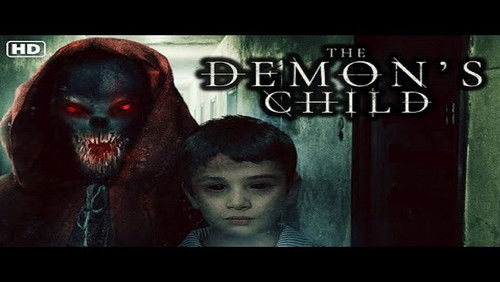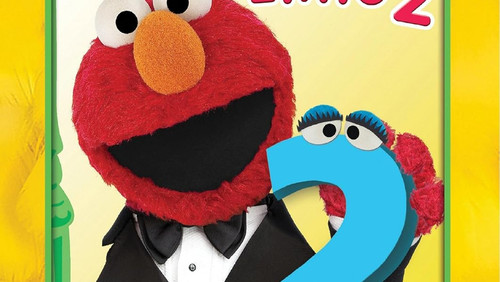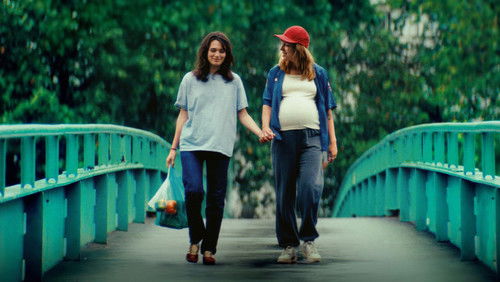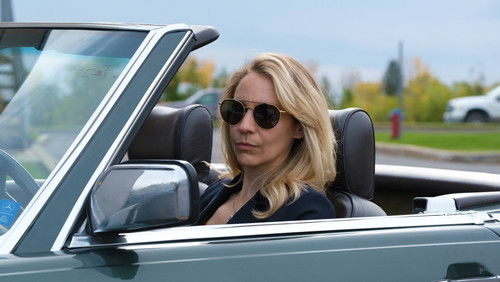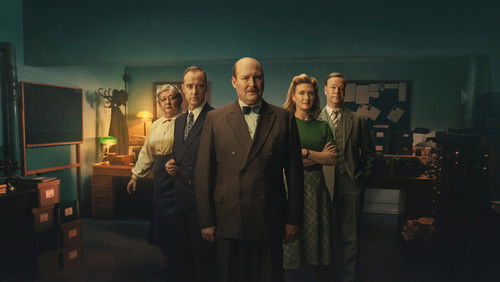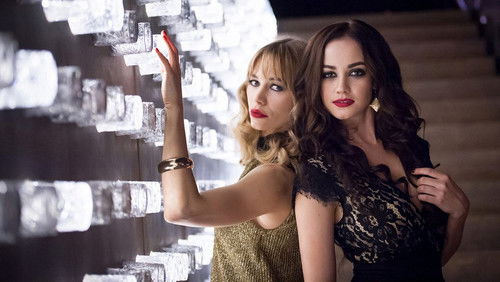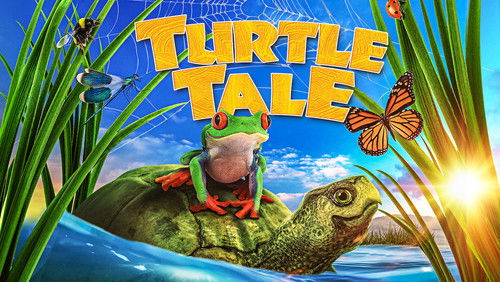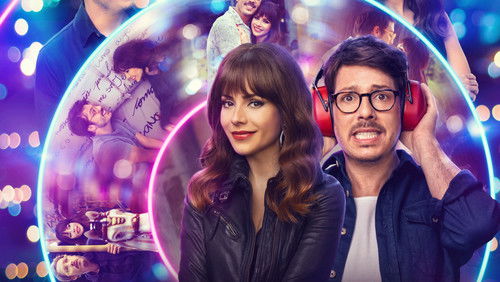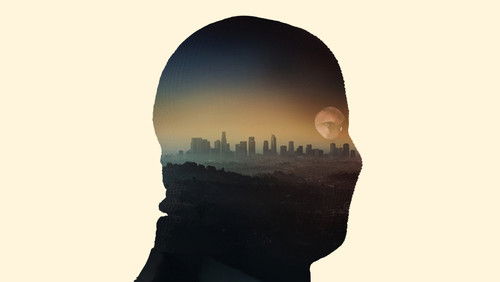The Keeper: The Legend of Omar Khayyam (2005)
32KThe Keeper: The Legend of Omar Khayyam: Directed by Kayvan Mashayekh. With Adam Echahly, Bruno Lastra, Moritz Bleibtreu, Rade Serbedzija. Kamran is a 12 year old boy in the present day who discovers that his ancestor is the 11th Century Mathematician, Astronomer, Poet of Persia, Omar Khayyam. The story has been passed down in his family from one generation to another, and now it is his responsibility to keep the story alive for future generations. The film takes us from the modern day to the epic past where the relationship between Omar Khayyam, Hassan Sabbah (the original creator of the sect of Assassins) and their mutual love for a beautiful woman separate them from their eternal bond of friendship. Filmed almost entirely on location in Samarkand and Bukhara, Uzbekistan.
“Omar Khayyam was a Persian astronomer, mathematician, and poet in the 11th Century, famous today for Edward Fitzgeraldu0026#39;s 1859 translations of his works into English. The Keeper is a well-meaning and handsome (if a bit stolid, and poorly edited at times) attempt to render his life meaningful today, written by Iranian-American lawyer/filmmaker Kayvan Mashayekh.u003cbr/u003eu003cbr/u003eTo keep things relevant, Mashayekh presents through the eyes of a young Iranian-American boy in Houston (Adam Echahly) who is a descendant of the family who takes it upon himself to u0026quot;keepu0026quot; and transmit the story. The title character (Bruno Lastra) is presented in an admirable if a bit sycophantic light, as is his love story with Darya (Marie Espinosa), to whom he composed most of his most famous love poems. The scenes (set in Uzbekistan, with period jaunts elsewhere) are ably filmed and mostly elegant, although the level of the actorsu0026#39; engagement doesnu0026#39;t rise above a slow simmer most of the times. The principal conflict is between Khayyam and lifelong friend Hassan (Christopher Simpson), which Mashayekh hopes to make emblematic of a host of larger conflicts – between science and religion, between universalism and sectarianism, between worldliness and Islamic separatism. It succeeds only in pieces. The editing is also a bit spotty, and at certain points I felt that too much of the story had been cut.u003cbr/u003eu003cbr/u003eThe film is one of those that serves a valuable public function; informing the movie-going world about Khayyamu0026#39;s legacy and the larger history of Islamic science and mathematics is a meaningful one, and I saw a host of Iranian-American families at the screening taking part in their cultural heritage. It doesnu0026#39;t win on purely cinematic terms, but itu0026#39;s an engaging and wholly good-hearted exercise regardless.”
